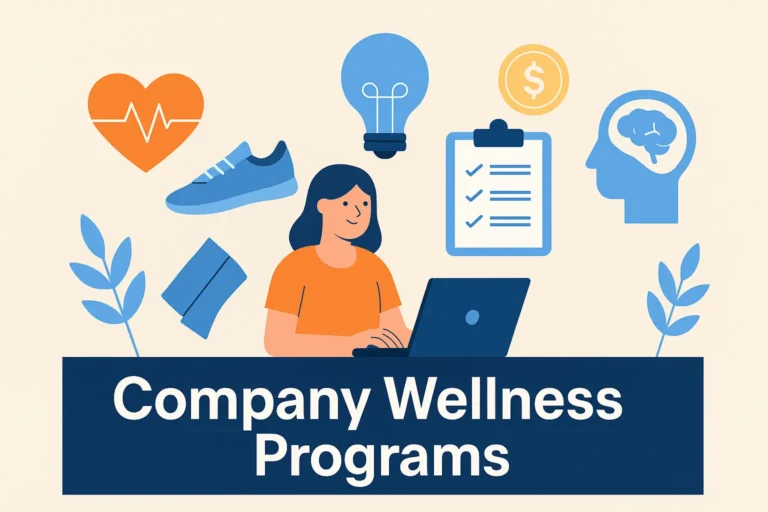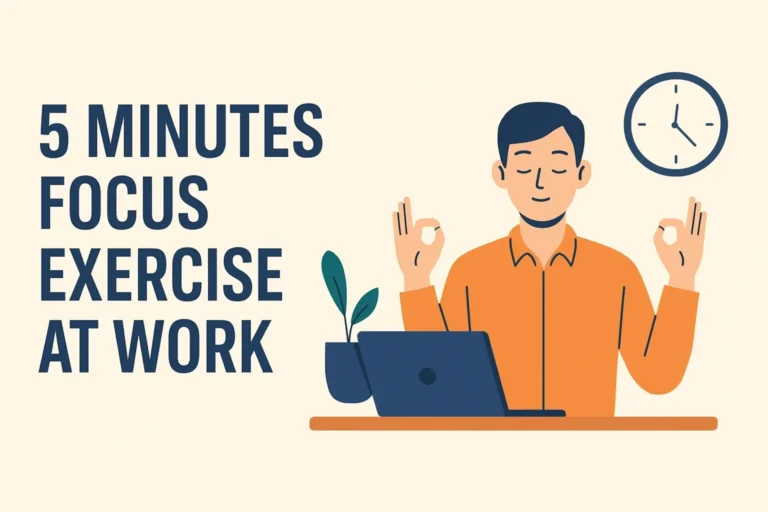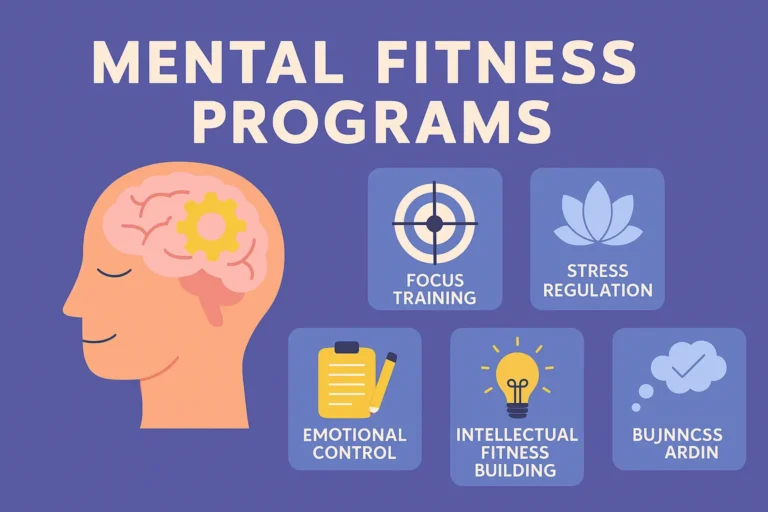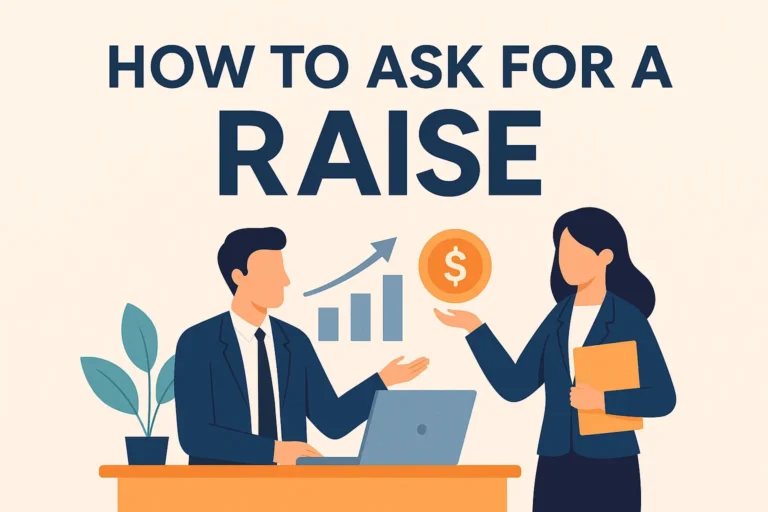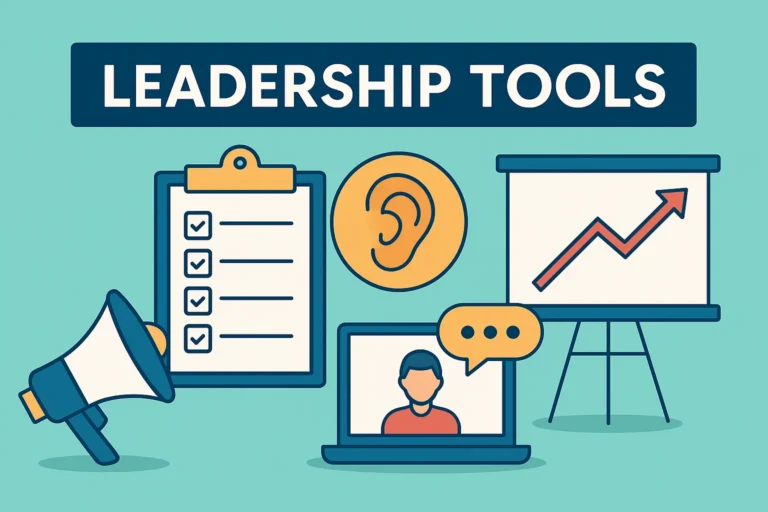10 Signs It’s Time to Retire [Know When You’re Ready]
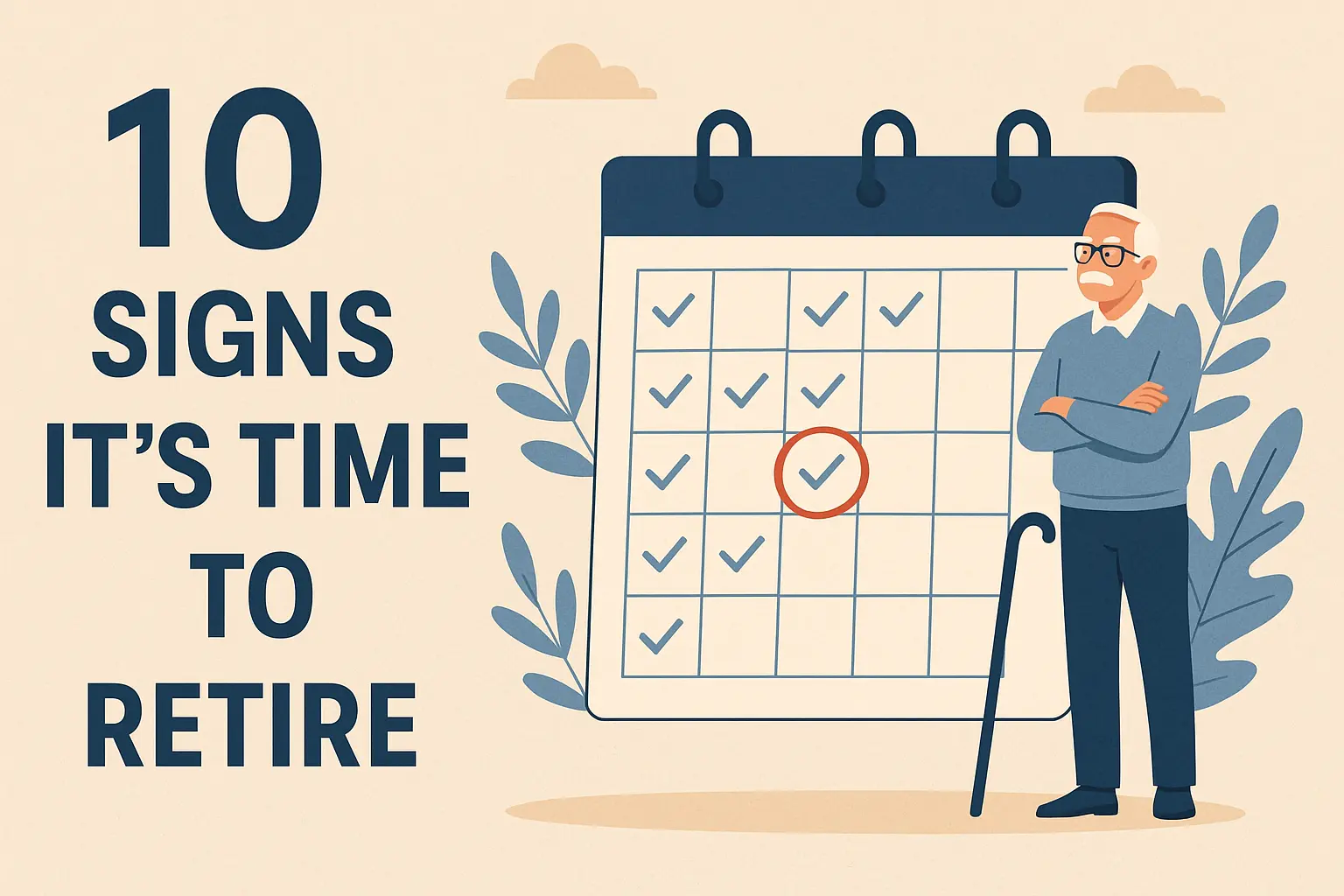
10 signs it’s time to retire often come from more than just age or financial planning. Sometimes the indicators are emotional: the day-to-day burnout, the quiet wish for mornings free of alarms, the fading excitement at work. Other times, they show up in health changes or a solid pension plan ready to back you up.
No two retirements are the same. Some people spot the signs early. Others ignore them until work becomes a burden. Recognizing these signals helps you make a confident decision—whether you’re ready to retire now, soon, or need more time.
|
Sign # |
What It Looks Like |
|---|---|
|
1 |
Daily burnout that doesn’t go away after rest |
|
2 |
Strong desire to spend more time with family or on hobbies |
|
3 |
Physical fatigue impacting your work capability |
|
4 |
Loss of interest in daily tasks or goals |
|
5 |
Retirement plan is financially and logistically in place |
|
6 |
You’re financially prepared and not paycheck dependent |
|
7 |
Rising health issues requiring more flexibility |
|
8 |
Feeling emotionally ready for the next chapter |
|
9 |
You could leave now and feel no financial regret |
|
10 |
You’ve visualized a realistic and fulfilling post-work lifestyle |
10 Signs It’s Time to Retire
Let’s walk through the most common signs that mean it might really be time to retire.
Sign 1: You Feel Constant Burnout at Work
The grind that once pushed you to grow now drains you. Every morning feels heavier. Meetings blur together. Tasks that were once second nature now take double the time and triple the energy. This isn’t occasional stress—it’s ongoing fatigue that lingers, even after a weekend off.
Burnout like this doesn’t always mean something’s wrong with your job. It can mean you’ve outgrown it. When the idea of retiring brings more relief than panic, it’s a strong sign that a new phase in life might be overdue.
Sign 2: You Often Wish for More Time with Loved Ones
Time has a way of speeding up when life gets busy. You start noticing that birthdays were missed, grandkids grew taller, and quality time became a luxury. If you regularly find yourself craving more family time or regretting missed moments, it may be time to shift priorities.
Retirement doesn’t just open up your calendar. It gives you the chance to be present—not just available. Wanting more connection is a clear sign your heart is moving toward a slower, more meaningful rhythm.
Sign 3: You’re Physically Struggling with Daily Tasks
Your mind may still be sharp, but your body starts sending quiet warnings. Simple routines become tiring. Long days at a desk or constant standing take a toll. You might notice joint pain, slower movement, or fatigue that lingers longer than it used to.
When your physical well-being starts clashing with work demands, it’s not weakness—it’s your body telling you it needs care. Retiring doesn’t mean giving up. It means adjusting life so that health and comfort get the attention they deserve.

Sign 4: Interest in Work Has Faded
There was a time when your job challenged you. Projects felt exciting. Now, even the wins don’t feel the same. You’re still doing what’s needed—but the spark is gone. You catch yourself watching the clock more often, or counting down to the next holiday.
Losing interest doesn’t mean you’ve stopped caring. It just means your values or priorities may have shifted. When the job no longer feels fulfilling and you start imagining life without it more often than not, that’s a real sign that retirement may suit you better.
Sign 5: You Have a Stable Retirement Plan in Place
A strong plan doesn’t just mean having money in the bank. It includes knowing your expenses, having a reliable income stream, and understanding how long your savings will last. When your finances no longer depend on that monthly paycheck, options open up.
Maybe you’ve already met with a financial advisor. Maybe you’ve paid off your mortgage, built up savings, or secured your healthcare. If the numbers check out and the foundation is solid, you may be closer to retirement than you think.
Sign 6: You’re Starting to See Financial Readiness
Financial readiness shows up in small signs. Bills are paid with ease. There’s no pressure to dip into savings. You might even have a few income sources—like a pension, investments, or Social Security—lined up.
It’s not about being rich. It’s about being prepared. If you’re confident that your finances can support your lifestyle long-term, and you’re not waking up at night worrying about your budget, you’ve likely crossed a key retirement threshold.
Did You Know?
According to the U.S. Census Bureau (2023), the average retirement age in the U.S. is 64 for men and 62 for women.
Sign 7: Health Concerns are Increasing
Health shifts don’t always arrive loudly. Sometimes it’s the low energy, slower healing, or the long list of appointments creeping into your work week. If you’re starting to prioritize doctor visits over deadlines, that’s a sign your body needs rest and routine.
When managing your health becomes harder to juggle with a full work schedule, stepping away might be the wisest thing you can do. Retirement could give you the time to manage your health with more care—and less stress.
Sign 8: You Feel Emotionally Drawn to Retirement
Sometimes it’s not numbers or stress that tip the scale—it’s your gut. You start to feel pulled toward a different rhythm. Slower mornings, more space for hobbies, or simply the idea of having your days to yourself sounds… right. It’s not forced or rushed. It just feels like the next step.
This emotional readiness can show up quietly. You don’t dread work, but you don’t crave it either. Instead, you start imagining how peaceful it might be to live without it. That quiet pull is more meaningful than most people realize.
Sign 9: You Can Afford to Leave Without Regret
Letting go of a paycheck is big—but if you’ve done the math and it all still works out, it’s empowering. You’re not just retiring from work. You’re moving toward something that doesn’t require giving up stability or sleep.
No regret means you’re not second-guessing the decision every morning. You’ve checked your options, looked at your spending, and considered the future. If stepping away doesn’t put your finances—or your peace of mind—at risk, that’s a green light.

Sign 10: You Already Picture Everyday Life Post-Work
You’ve pictured the slow breakfasts. The road trips. The quiet afternoons with a book or the busy days spent volunteering. Retirement isn’t just a fantasy—it’s become a plan. You’ve thought about how you’ll fill the time and it brings a smile, not a panic.
That mental picture matters. When retirement doesn’t feel like a void, but like a full, rich next chapter, that’s a sign you’re not just ready—you’re excited.
When to Retire: Putting It All Together
There’s no single age, number, or deadline that works for everyone. Retirement is part financial, part emotional, and completely personal. If most of these signs sound familiar, it might be time to stop asking “when should I?” and start asking “what’s holding me back?”
The best retirement decisions aren’t rushed or reactive. They’re based on patterns you’ve seen building over time—patterns that say: you’re ready. Maybe not tomorrow, but soon.
When those signs line up, it’s not about walking away from work. It’s about stepping toward a life you’ve earned.
Conclusion
Knowing when to retire isn’t always about reaching a certain age. It’s about recognizing what your life is telling you—mentally, emotionally, physically, and financially. The signs often appear gradually: your patience shortens, your weekends feel too short, or your health starts asking for more care. You might not feel 100% ready, but most people never do. If you’ve seen many of these signs in your own life, the path toward retirement may already be taking shape. You just have to decide when to step onto it.

About the Author
Jonathan Savage is a leadership strategist who helps teams boost performance through clarity and structure. At SmartSuccessGuide.com, he shares proven frameworks for building focused, high-performing teams that deliver real results.

